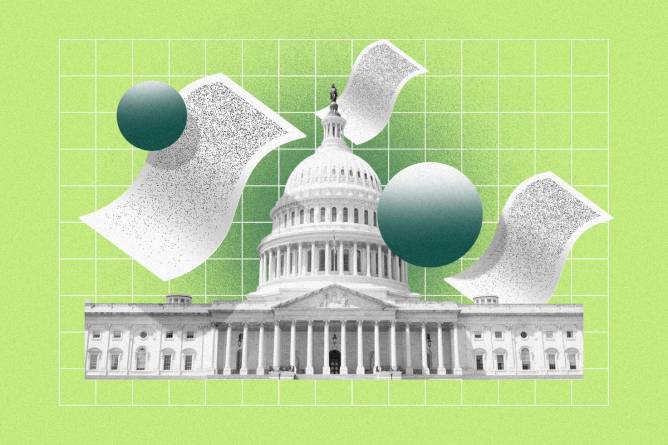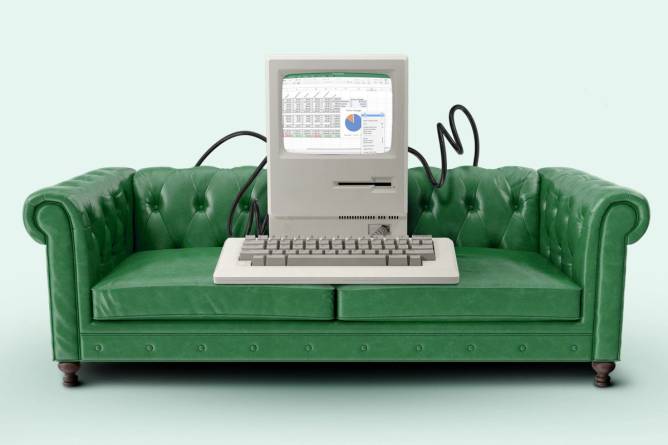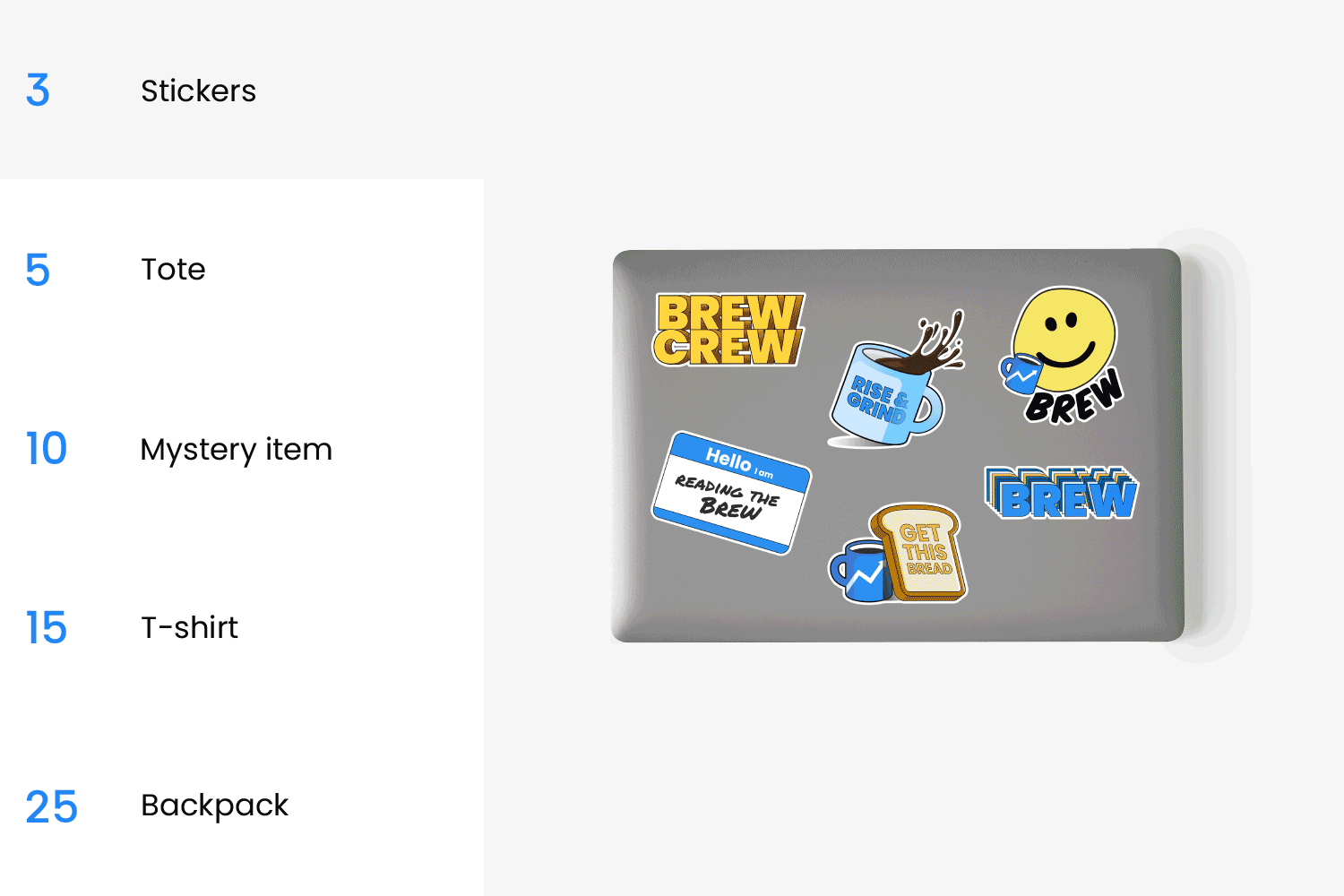|
The job market continued to slow down in June, according to the Bureau of Labor Statistics’ (BLS) most recent Job Openings and Labor Turnover Survey (JOLTS) report, released Tuesday. Job openings were unchanged between June and May, and total hires and separations fell slightly. Let’s dig in.
What the data says. Total hires and separations in June fell to 5.3 million and 5.1 million, respectively. That’s a slight decrease from the BLS’s revised estimate of 5.7 million hires and 5.4 million separations in May. Employers posted 8.2 million job openings in June, unchanged from the revised 8.2 million in May. Similarly, the share of workers quitting fell slightly from 3.3 million in June, from a downwardly revised 3.4 million in May.
In short, employers and workers are holding back on hiring and quitting, labor economists told HR Brew. “[Firms would] rather stick to their internal workforce to the extent possible and there’s a little bit of that also, on the worker side—quit rates have come down quite a bit, since the height of the pandemic as well,” Benjamin Friedrich, a professor of strategy at Northwestern’s Kellogg School of Management, told HR Brew. “All of that, I think, is showing that both sides of the market, firms and workers, are very hesitant. They face a lot of uncertainty.”
Zoom out. HR leaders tend to think of turnover as a negative, but too little turnover can be just as bad for a company as too much.
Keep reading here.—PM
|









